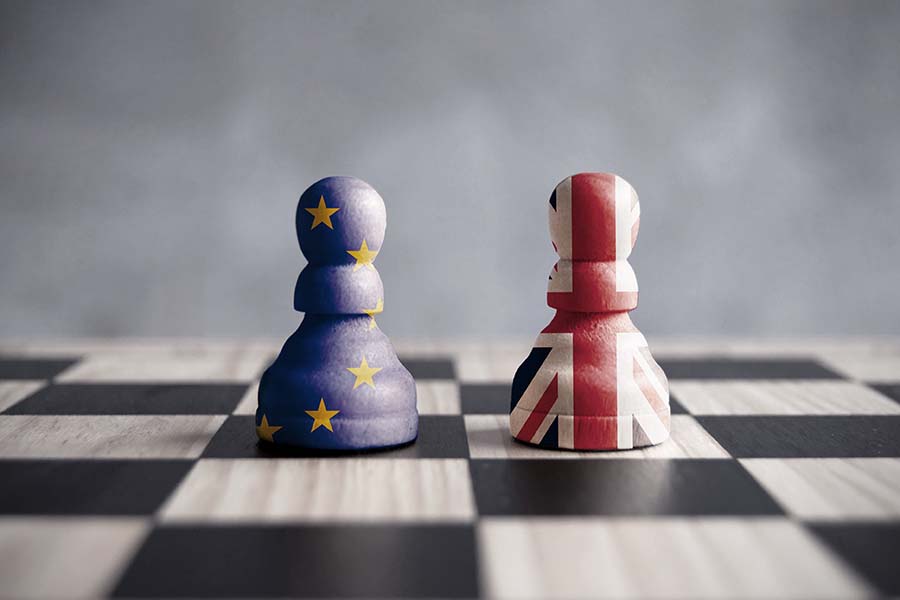
By Professor John Fender, Professor of Macroeconomics
Department of Economics, University of Birmingham
With six months to go before the UK’s Brexit departure from the European Union, we still do not know what arrangement will follow. But we can anticipate some of the consequences.
No Deal
The UK will find its trade relations deteriorating immediately with almost 70 countries – the 27 remaining members of the EU and about 40 countries with whom the EU has preferential trade deals. That is far more to lose than for each of the EU countries, who will only suffer in trade relations with just one country.
A No Deal scenario may not occur as it is in neither party’s best interest, but for now, the threat of a No Deal is a useful bargaining tool. Negotiations often involve a lot of brinkmanship and posturing, and one would expect positions to change as the deadline approaches – the awfulness of the outcome should concentrate negotiators’ minds.
Deal
The deal that is likely to take place, enabling the UK to leave the EU on the 29th March, will not be the final deal the UK strikes with the EU. Negotiating a good trading relationship is likely to take years. Rather, expect some temporary arrangement, which will last during the 21-month transition period, during which a more permanent agreement will be negotiated. There might be an agreement that the UK would continue in the Customs Union after the 29th March, enabling trade to continue much as before. Brexiteers might object, but a counterargument is that once the UK is out of the EU, even if it is within the Customs Union, then further steps can be taken in due course with a view to exiting the Customs Union and developing a longer-term relationship.
The longer-term arrangement might well be a free trade agreement with the EU. A free trade agreement is not the same as a customs union; countries in a free trade agreement can set their own tariffs and negotiate preferential trade deals with third countries. This means there must be customs checks on trade between the UK and the EU. (Otherwise, for example, exporters from countries with a preferential trade agreement with the UK but not the EU will be able to get their goods into the EU tariff free by exporting them into the UK first and then to the EU.) It is difficult to see how the Irish border issue can be solved – it is just not possible with a free trade deal and freedom to negotiate preferential trade deals to have an open border anywhere between the UK and EU.
The Prospects
It is difficult to believe that prospects for the UK economy after Brexit will be positive.
Brexit-ers will contend that the forecasts of disaster after the 2016 referendum were not fulfilled and that prophecies of doom after the formal departure are similarly unlikely to hold.
But that is a misunderstanding. The adverse effects after the referendum were cushioned by the depreciation of the pound and measures taken by the Bank of England. Once the UK leaves, there will be lasting changes that many people and firms will encounter in their everyday lives, such as customs checks on the UK-EU border.
- More about Professor John Fender at the University of Birmingham
- Interested in the effects of Brexit? Register now for our ESRC Festival of Social Science event “Diversifying the Brexit Debate: the EU and marginalised voices“
- Back to Social Sciences Birmingham
